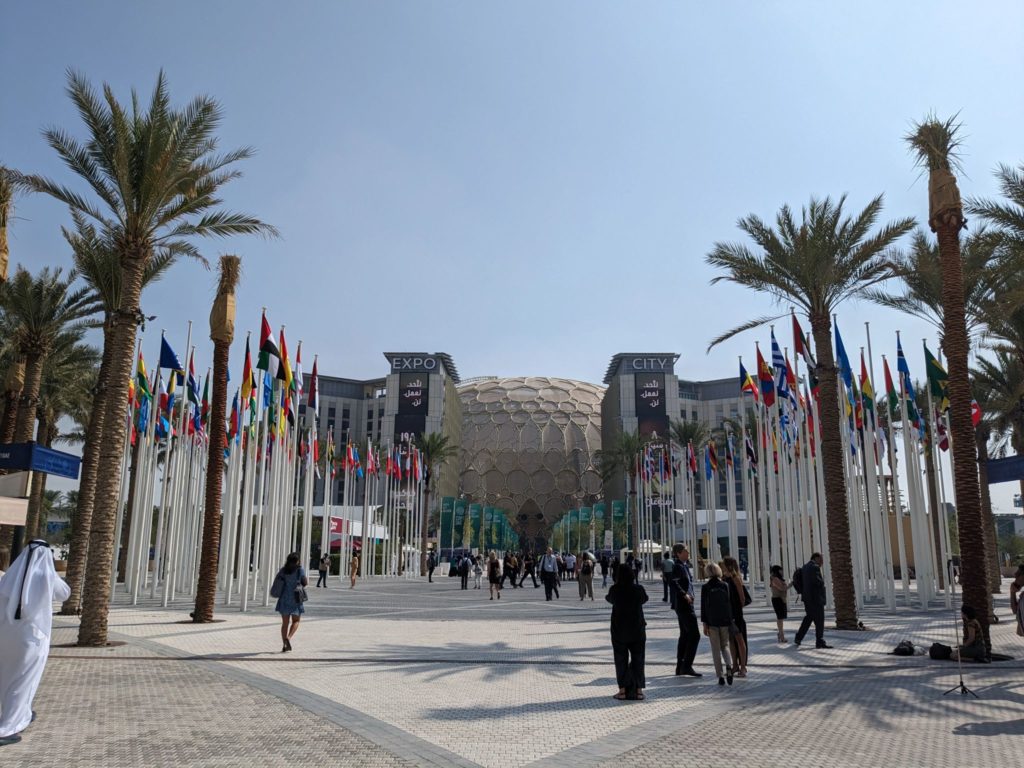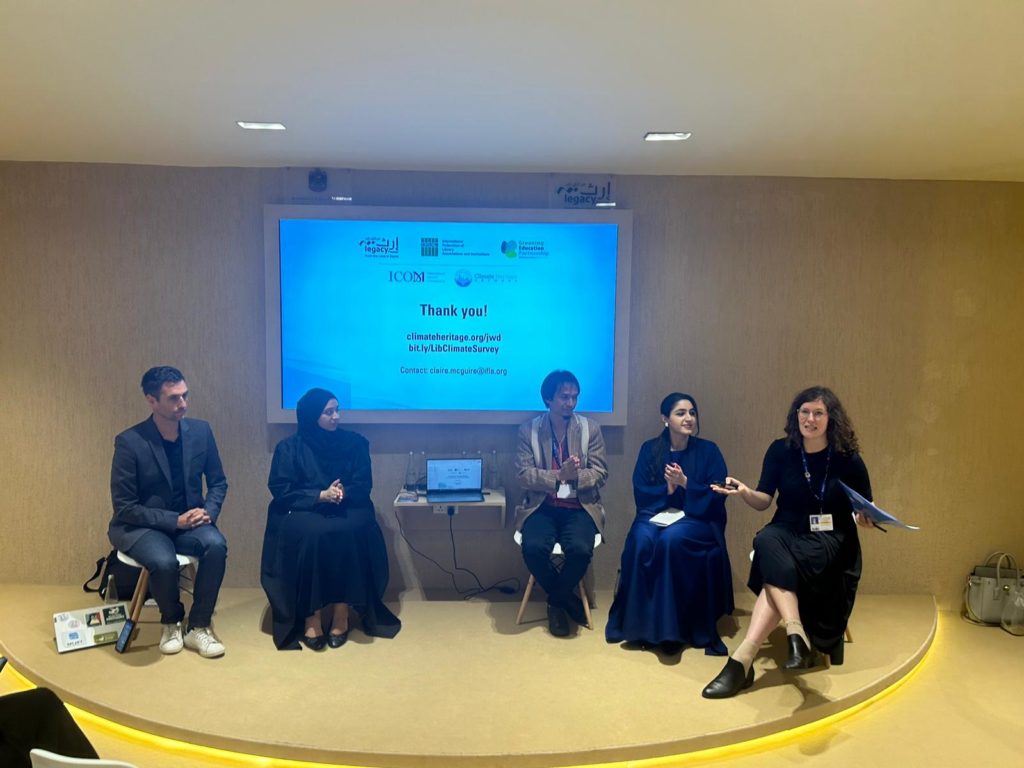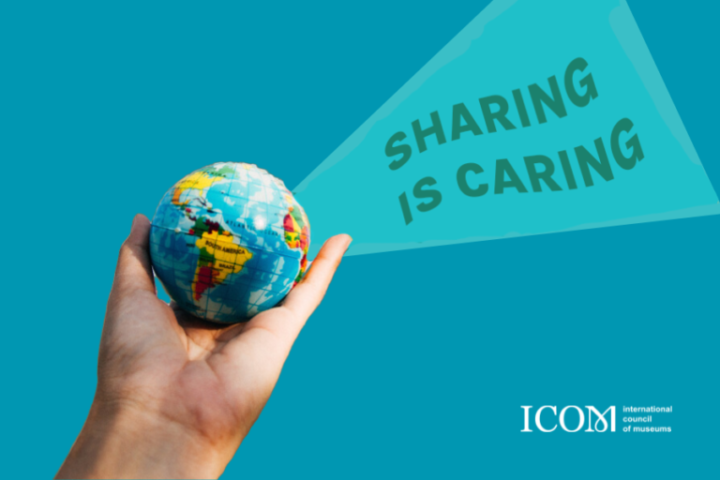
Claire McGuire
Manager, Policy and Advocacy, IFLA
Museums have no borders,
they have a network
June 10, 2024
The International Federation of Library Associations and Institutions (IFLA) has been striving to bring together the library field with colleagues across the culture sector to highlight our critical roles in implementing ACE within our communities.

IFLA brought this conversation to the 28th UN Climate ChangeConference (COP28), held in Dubai, UAE in December 2023. The COP28 “Greening Education Hub”, hosted by the UAE Ministry of Education in partnership with UNESCO, provided a platform to spotlight and advocate for the role of education in combating climate change.
It aligned with the Action for Climate Empowerment agenda and with UNESCO’s Greening Education Partnership, a community of over 700 organisations and 80 Member States dedicated to getting every learner climate ready.
IFLA was selected to present a side event that highlighted the role of culture in greening education, especially following a community-based, lifelong learning approach. We were delighted to welcome an excellent group of speakers to join this conversation:

This conversation highlighted key advocacy points and actions all stakeholders can take to support and grow the role of institutions like libraries and museums in climate empowerment.
Building on a foundation of international agreements that stress the importance of linking culture to climate education, speakers shared ideas on how to sustain and expand culture-based climate empowerment, as well as on how to monitor and share success.
At the request of the United Arab Emirates, UNESCO has called for international cooperation an efforts to strengthen the role of education and culture for addressing climate change as a key contribution to climate action.
Following the UAE’s initiative, as an outcome of their October 2023 meeting, the UNESCO Executive Board:
What is needed to maintain and grow culture-based greening education initiatives?
For the culture sector:
For Governments:
How can we measure and communicate success?
Speakers stressed that setting clear learning objectives can help measure success and communicate impact. Impact is challenging to measure, as participating in an event, exhibition, or lesson does not necessarily translate into behavioural change.
The case student of an integrated Indigenous curriculum uses the head, heart, and hand approach for a more holistic way to set learning objectives. The head measures what facts and abilities learners must acquire, such as language vocabulary. The heart measures what learners must be aware of in terms of personal responsibility, ethics, and active citizenship. The hand measures what learners must be able to do, such as explaining the connections between the Indigenous curriculum and Thai core curriculum.
Every sector and institution works within its own context and has its own ways to measure, so the need to find ways to coordinate is critical. We can work towards:
The presentations and outcomes from this discussion are summarised in the following resource, available to download from the IFLA Repository
